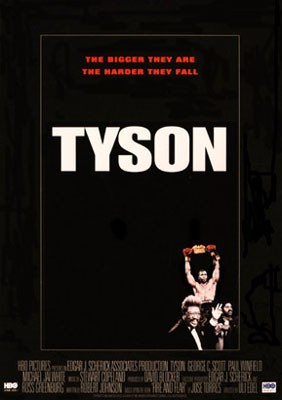Welcome to Retro Television Reviews, a feature where we review some of our favorite and least favorite shows of the past! On Sundays, I will be reviewing the made-for-television movies that used to be a primetime mainstay. Today’s film is 1972’s The Astronaut! It can be viewed on YouTube!
NASA has successfully landed a man on Mars! The entire world watches as Col. Brice Randolph (Monte Markham) makes his way across the Martian surface. However, suddenly, the signal goes out. Viewers are assured that this is the sort of thing that happens all the time with interstellar travel. What they don’t know is that the signal went down because Brice suddenly died. While the surviving members of the mission return to Earth, NASA tries to figure out how to keep anyone from finding out what happened to Brice. NASA director Kurt Anderson (Jackie Cooper) knows that the President wants to cut the budget and the death of an astronaut would probably provide the perfect excuse for taking money away from NASA and canceling the Mars program.
Anderson’s solution is to recruit a substitute. Eddie Reese (Monte Markham) has a slight resemblance to Brice, one that can be perfected through plastic surgery. While the mission returns from Mars, Eddie goes through a crash course to teach him how to talk, walk, and think like Col. Brice Randolph. Eddie is told that he’ll have to be Brice until the NASA scientists can figure out what led to Brice’s death. Once they do know what went wrong with the mission, Eddie will have to go into NASA’s version of the witness protection.
Eddie proves to be a quick learner and it helps that he, like so many others, looked up to Brice. However, while Eddie can fool almost everyone else, he cannot fool Brice’s wife, Gail (Susan Clark). When Eddie actually treats Gail with kindness and shows sympathy for her nervous condition, she realizes that there’s no way that Eddie is actually her husband. Apparently, Brice was not quite the saintly figure that the public believed him to be. Eddie and Gail soon fall in love for real but when NASA finally discovers what led to Brice’s death, it looks like their new life together might be over as abruptly as it begun.
The Astronaut is a low-key conspiracy …. well, I hesitate to call it a thriller. There’s little of the things that one typically associated with a conspiracy thriller. There’s no black helicopters. There’s no shadowy assassins. There’s no army of men walking around in black suits. Instead, there’s just a bunch of nervous bureaucrats who are desperate to keep the rest of the world from discovering just how much they screwed up. As played by Jackie Cooper, the head of NASA isn’t so much evil as he’s just way too devoted-to-his-job for his own good. In many ways, this is probably one of the most realistic conspiracies ever portrayed on film.
In the end, The Astronaut is a portrait of two lonely people who find love in the strangest of circumstances. Susan Clark and Monte Markham make for a likable couple and the viewer really does hope that things will work out for them. What this film lack in conspiracy thrills, it makes up for in human drama. It appealed to both my romantic and my rabid anti-government sides. What more could one ask?




 If any heavyweight champion from the post-Ali era of boxing has lived a life that seems like it should be ready-made for the biopic treatment, it is “Iron Mike” Tyson. In 1995, HBO stepped up to provide just such a film.
If any heavyweight champion from the post-Ali era of boxing has lived a life that seems like it should be ready-made for the biopic treatment, it is “Iron Mike” Tyson. In 1995, HBO stepped up to provide just such a film. It’s High Noon in space!
It’s High Noon in space!
